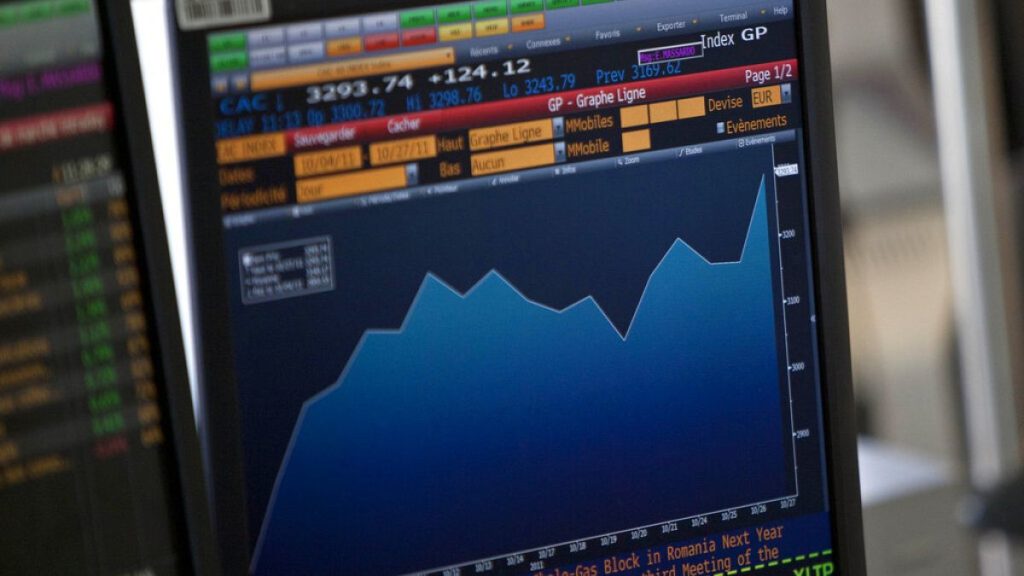The recent political turmoil in France, marked by the historic no-confidence vote that led to Prime Minister Michel Barnier’s government collapse, has elicited a measured response from the stock markets. The CAC 40, France’s benchmark stock index, opened slightly up by 0.59% amid a backdrop of political uncertainty. The outcome of this vote, which reflected the fractured nature of the National Assembly, highlighted a lack of consensus among lawmakers regarding the proposed budget, especially among far-right and left-wing factions. This situation is indicative of the growing polarization in French politics, which has broader implications for its economic stability and investor confidence.
Despite the political upheaval, the euro remained stable, showing little change against other currencies. Analysts noted that part of the market’s composed reaction could stem from a possible pre-emptive pricing of the no-confidence vote earlier in the week, as investor anxiety had begun to surface regarding France’s political future. This suggests that traders were somewhat prepared for the unfolding political scenario, and as such, the fall-out had less impact on immediate market dynamics than might have been expected. The steady response in the currency market also indicates a relative confidence in the euro among investors amidst national instability.
French government bonds exhibited stability, with the 10-year bond yield holding at 2.886%. This resilience in the bond market suggests that investors were not overly worried about a significant deterioration in fiscal credibility following the government’s downfall. However, there is an alarming trend with French borrowing costs surpassing those of Greece for the first time, which raises red flags regarding fiscal health and investor sentiment. This development could signal a shift in how the market perceives the risks associated with French public debt compared to historically less stable economies.
In the equity market, major French banks displayed solid performance, with shares of BNP Paribas and Credit Agricole each rising significantly by around 2%. Societe Generale SA fared even better, climbing nearly 3%. This uptick among financial institutions could suggest a divergence between broader economic concerns and the immediate health of the banking sector. Furthermore, it may indicate that investors view French banks as resilient, perhaps due to their capital strength or operational strategies, even as the political landscape grows increasingly contentious.
The no-confidence vote and subsequent government collapse raise questions about the future direction of France’s economic policies and overall governance. With a divided National Assembly, any new administration may struggle to push through significant budget reforms or economic initiatives. This uncertainty could prolong the market’s cautious sentiment unless a stable political solution emerges. Thus, investors will likely closely monitor any announcements regarding potential new leadership and their policy priorities to gauge the future trajectory of the French economy.
In conclusion, French stock markets, despite the significant political shake-up with Barnier’s government collapse, have largely remained unaffected, showcasing moderate gains. While the immediate impact on the CAC 40 and the stability in bond yields suggest a resilient market reaction, underlying challenges related to fractured political support and rising borrowing costs highlight potential vulnerabilities. The future of French governance and its implications for economic policy will be critical to watch, as market players navigate this complex and evolving situation.














